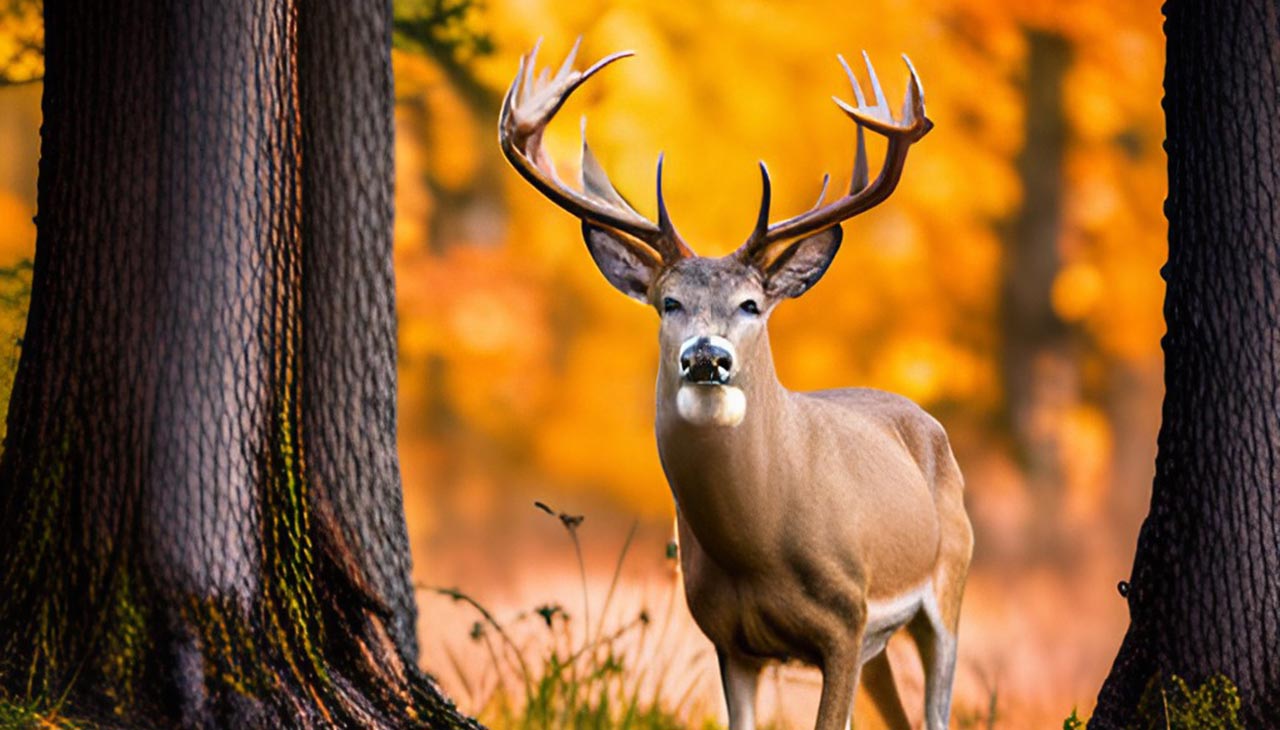Whitetail hunting in the early season can be an exciting experience, but it also poses unique challenges that can lead even seasoned hunters to make critical errors. Lack of proper preparation, incorrect scouting techniques, and timing mistakes are just a few pitfalls that hunters often fall into. In this article, we will examine the five most common mistakes made by whitetail hunters in the early season, and provide valuable insights on how to avoid them for a successful hunting endeavor.
Neglecting Scouting
Neglecting scouting is perhaps one of the most common mistakes made by early-season whitetail hunters. Scouting is a crucial part of successful hunting, as it gives hunters an understanding of deer behavior, their preferred feeding areas, and travel routes. When hunters fail to scout effectively, they essentially enter the hunting season blind, without a clear strategy or understanding of the terrain and deer patterns. Early-season scouting can reveal key information such as bedding locations, feeding areas, and trail patterns. It’s important to remember, scouting is not a one-time event, but rather a continuous process that should take place throughout the season for the most effective hunting.
Ignoring Scent Control
Ignoring scent control is another frequently overlooked aspect of early-season whitetail hunting. Whitetail deer have an incredibly keen sense of smell, which they use as a primary defense mechanism against predators, including hunters. Without proper scent control measures, hunters can inadvertently alert deer to their presence long before they have a chance to take a shot. This can be particularly problematic in the early season when deer are more cautious due to increased human activity in their habitats. A comprehensive scent control strategy should include regular washing of hunting clothes with scent-free detergents, showering with scent-free soaps before hunts, and utilizing scent control sprays and odor eliminators while on the hunt. Remember, an unnoticed hunter is a successful hunter and scent control is a key component to remaining undetected.
Hunting Too Early or Late in the Day
Hunting too early or too late in the day is another common mistake made by early-season whitetail hunters. Deers are crepuscular animals, meaning they are most active during the dawn and dusk. Hunters may be tempted to start their hunt at the crack of dawn or continue until late evening, but these are not necessarily the best times. During the early season, whitetails often adjust their patterns to avoid the heat of the day. This means they might be most active during the cooler parts of the day, which could be mid-morning or late afternoon. By sticking strictly to dawn or dusk hunting, you may miss out on these peak movement times. Moreover, hunting too early or too late can also increase the chances of being noticed by deer, as human activity is less common during these times in the woods. It’s crucial to understand the behavior and pattern of deer in your specific hunting area and adjust your hunting times accordingly for a successful hunt.
Overlooking Food Sources
Overlooking food sources is a critical mistake made by many early-season whitetail hunters. During the early season, food sources are one of the most predictable factors in deer movement. Deer are often found feeding on the most abundant and nutritious food sources available, and these sources change as the season progresses. Early in the season, they tend to focus on agricultural fields, particularly corn and soybeans, as well as soft masts like apples or pears. Not paying attention to these key food sources and their changes can result in setting up stands in less productive areas. By understanding the preferred food sources of deer in the hunting area and their transition during the season, hunters can effectively predict deer movement and increase their chances of success. Always remember, that knowing where the dinner table is can significantly influence your hunting outcome.
Lack of Patience and Persistence
Lack of patience and persistence is the fifth and final common mistake that early-season whitetail hunters often commit. Hunting, by its very nature, requires a considerable amount of patience and persistence. Whitetail deer are highly perceptive animals and any slight disturbance can cause them to alter their behavior or change their patterns. Hunters may have to wait for extended periods for the perfect opportunity to present itself. Moreover, successful hunting often requires revisiting the same spot multiple times, tracking patterns, and making adjustments as necessary. Giving up too soon or being impatient can result in missed opportunities and a less successful hunting season. Remember, patience and persistence are key virtues in the world of hunting.
Conclusion
In conclusion, avoiding these common mistakes can greatly enhance your chances of a successful early-season whitetail hunt. By diligently scouting, paying careful attention to scent control, understanding the optimal hunting times, focusing on key food sources, and demonstrating patience and persistence, you can effectively navigate the challenges posed by early-season hunting. Remember, knowledge is power when it comes to hunting. The more you understand about your prey, their habits, and the environment, the more likely you are to achieve your hunting goals. So, as you prepare for your next early-season whitetail hunt, keep these points in mind and happy hunting!
 Skip to content
Skip to content
